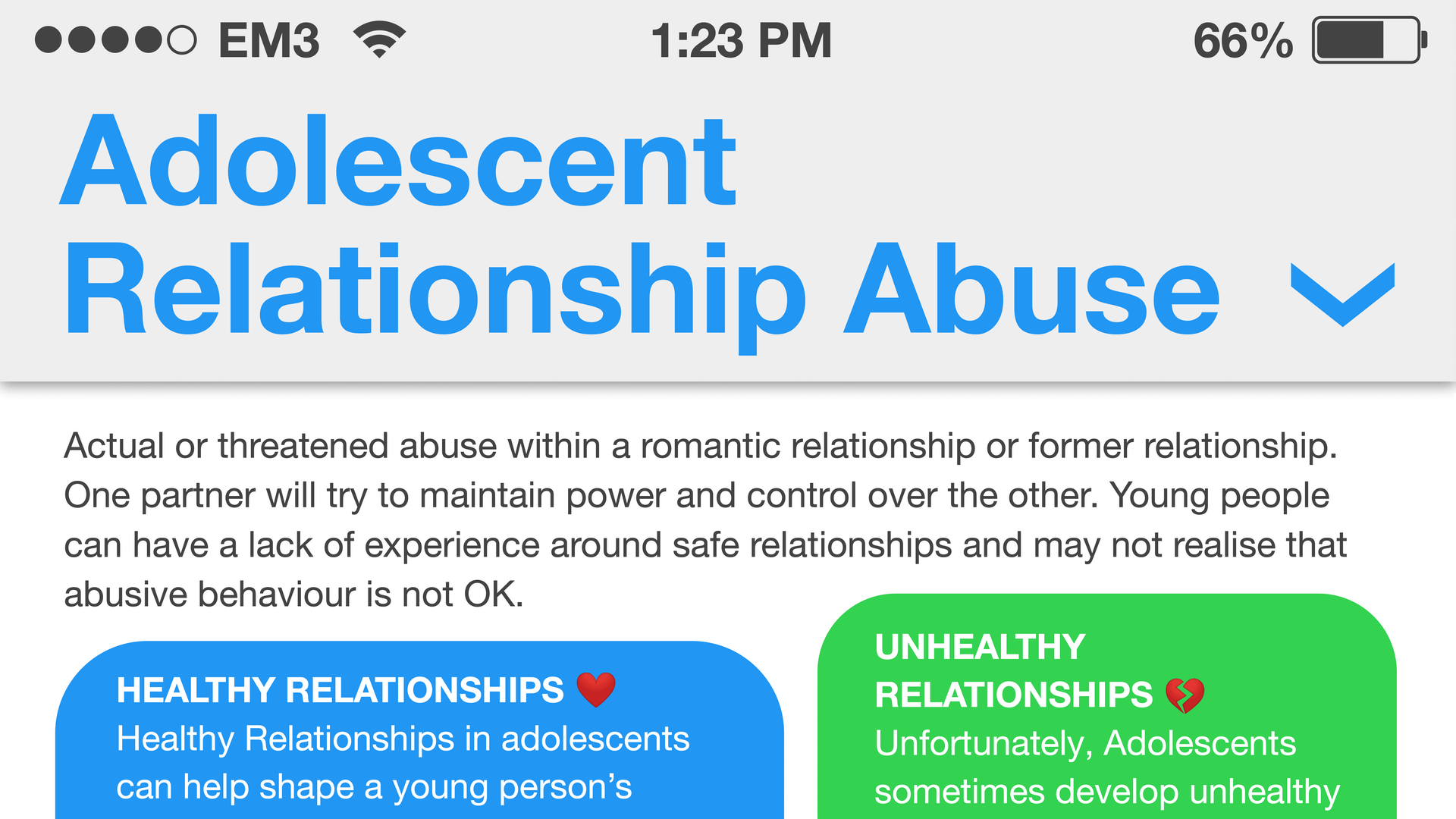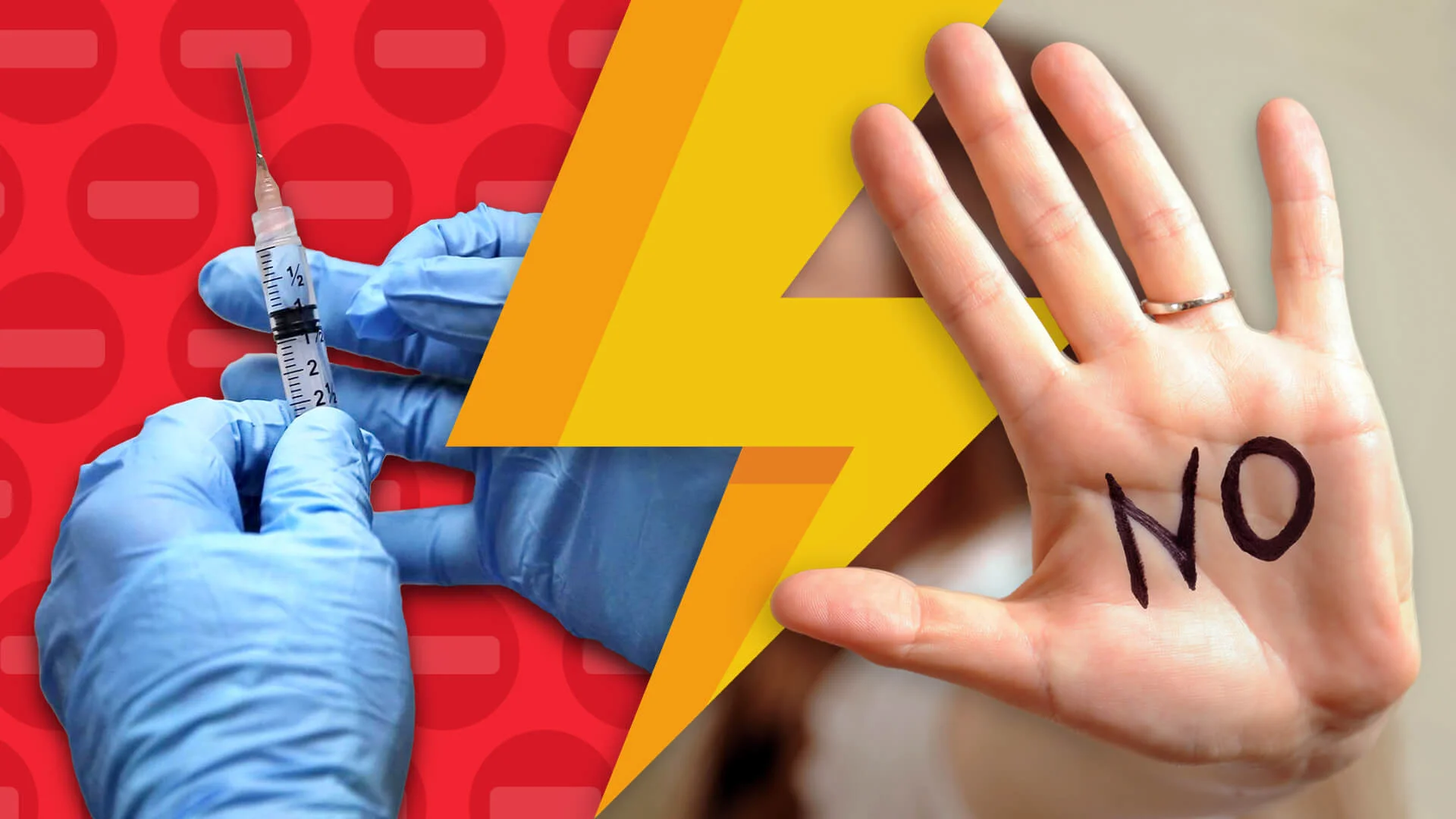Lightning Learning: Honour-Based Violence (HBV)
STOP!
Honour-Based Violence (HBV) is a violent crime or incident which may have been committed to protect or defend the honour of the family or community.
Common Triggers for HBV
Refusing an arranged marriage
Having a relationship outside the approved group
Loss of virginity
Pregnancy
Spending time without the supervision of a family member
Reporting domestic violence
Attempting to divorce
Pushing for custody of children after divorce
Refusing to divorce when ordered to do so by family members
The terms ”Izzat”, “Ghairat”, “Namus” or “Sharam” might be used in reference to shame, dishonour or disgrace.
LOOK
What are the signs of HBV?
Practitioners should be aware of potential warning signs of HBV.
These may include:
Going missing (from home or school) in an attempt to keep themselves safe;
Self-harming, appearing depressed, angry and/or desperate;
They may be restricted in their movements and overly supervised;
Denied access to the internet, mobile phone, their passport or family
members;Might be forced to marry, or forced to live elsewhere.
Unfortunately, HBV is rarely reported and as such there aren’t regularly published statistics of honour-based crimes.
The HBVA Network has estimated there are 12 honour-based homicides a year in the UK, and approximately 5000 around the world.
LEARN
What should I do?
If a person tells a practitioner about HBV in respect of themselves or another family member, the practitioner should:
- Inform the Doctor and Nurse in Charge of ED (i.e. senior staff)
- Record carefully; documentation is vital.
- Advise the person to NOT make contact with family or community leaders. They should not under any circumstances tell the family or their social networks about what they have said; or attempt mediation.
- NEVER use family as a translator.






